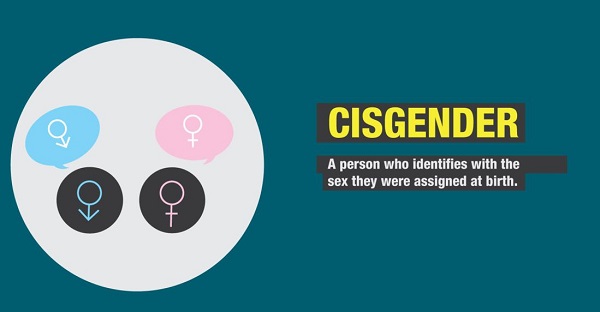The Meaning Of Cisgender
Cisgender, often abbreviated to Cis, is a term used to refer to people whose gender identity is identical with the gender they were assigned after birth.
When you're born, your doctor will look at your genitals to determine whether you're male or female. However, gender and sexuality are determined in your brain. When you grow up, you can completely distinguish your gender; if your gender is identical with the sex indicated in the birth certificate, you will be called cisgender.

What is the origin of cisgender?
Much of the way we talk about gender comes from Latin. Both "cis" and "trans" are Latin prefixes.
In a 1991 essay, German sexologist Volkmar Sigusch coined the word "homosexual" to describe people whose gender identity matches the gender they were assigned at birth. In the following years, the word turned into "cisgender".
In the 15 years since Sigusch coined the term, the word has captured the attention of scholars. By 2010, scholars were discussing issues such as "transgender privilege" and "transgenderism" in their work.
A number of medical scholars have used the word since the 1990s. Did you ask one of these scholars, "What is transgender?' They will tell you that it is generally accepted as an important word that helps to express gender identity.
Since then, the word has become even more commonly used. In 2015, it had a pivotal moment when it was added to the Oxford English Dictionary.
It is defined as "the designation of a person whose sense of personal identity corresponds to the sex and gender assigned to that person at birth." Today, it appears in dictionaries worldwide as a commonly used adjective.